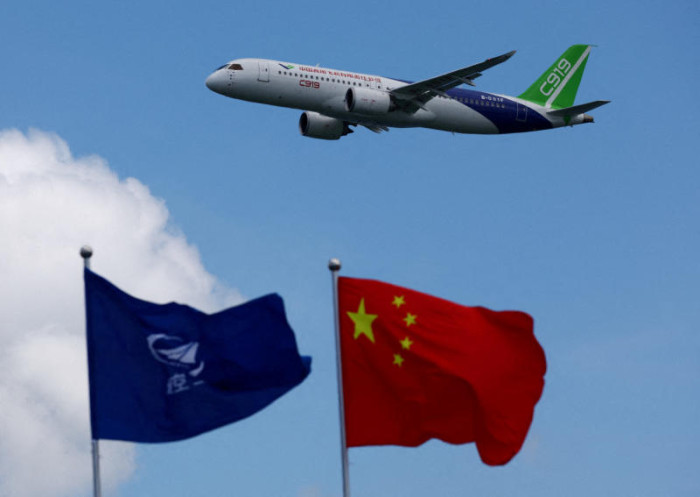Key Takeaways
- Brunei officially adopts China’s aviation certification standards
- C919 narrowbody jet gains easier access to Southeast Asian market
- Move follows $2 billion order from Brunei’s GallopAir for 30 Comac aircraft
- Experts note additional validation and agreements still needed for operations
Brunei has officially accepted China’s civil aviation certification standards, marking a significant international breakthrough for China’s C919 passenger jet. This decision opens doors for Chinese-built aircraft in the wealthy Southeast Asian market and establishes a potential model for global expansion.
Diplomatic Aviation Milestone
Brunei adopted the airworthiness code of China’s Civil Aviation Administration earlier this month, according to the Chinese embassy in Brunei. Previously, the country only recognized certificates from European, US, and Canadian aviation authorities.
“Through this revision, Brunei becomes another country to explicitly recognise China’s standards on large aircraft,” the embassy stated.
Comac’s International Expansion
The Commercial Aircraft Corporation of China (Comac) is actively expanding overseas markets for the C919 – China’s first domestically produced narrowbody aircraft – to challenge the Airbus-Boeing duopoly. The company has already secured hundreds of C919 orders from Chinese airlines.
This regulatory acceptance follows GallopAir’s $2 billion order in 2023 for 30 Comac aircraft, including the C919. The Brunei-based airline described this as Comac’s largest international sale and likely the first overseas C919 purchase, with plans to connect four Southeast Asian countries with China within seven years.
Growing Regional Interest
Tony Fernandes, CEO of Malaysian carrier AirAsia, revealed the airline was in “active discussions” about a Comac order during last month’s Belt and Road Summit in Hong Kong.
Practical Challenges Remain
YK Leung, managing director of Linken Capital Aviation Services, cautioned that Brunei’s recognition represents just one step in a longer approval process. “The C919 would need separate ‘validation’ from Brunei to operate there,” he explained.
Despite its oil wealth, Brunei’s small population of 462,000 and lack of domestic flights means the C919 would require both Bruneian validation and air-service agreements from destination countries.
Market Competition Realities
Ibrahim Suffian of Malaysia’s Merdeka Centre noted practical challenges: “Brunei is a small user, so it will take a while.” Comac would need to train local engineers and maintenance staff in markets traditionally serviced by Airbus and Boeing.
While the C919 specifications compare favorably with Airbus A320 and Boeing 737 families, Suffian highlighted entrenched industry patterns: “It’s quite ingrained – the use of Western aircraft. It’s just tradition. The supply chains have been built around Western aircraft.”




